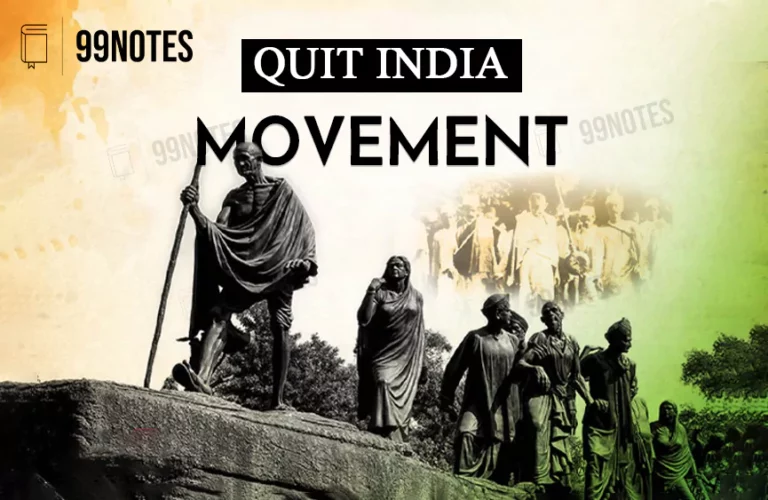Revolt of 1857
The Revolt of 1857 was one of the most significant watershed moments during British rule. During this revolt, various regions of north India spontaneously stood up against British rule. Garrison after garrison stood mutinied against their senior officers, and after the general public participation, it appeared that the British rule would end. However, the British…


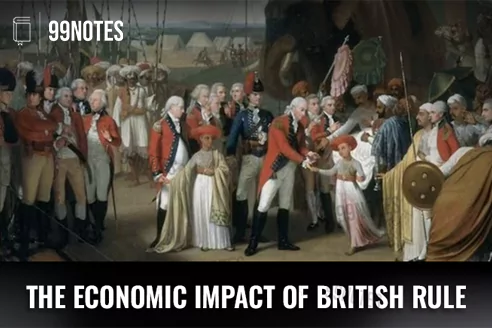
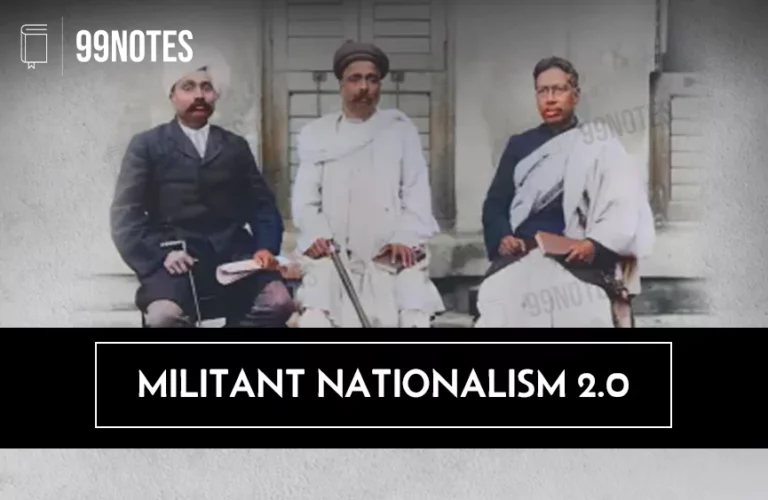
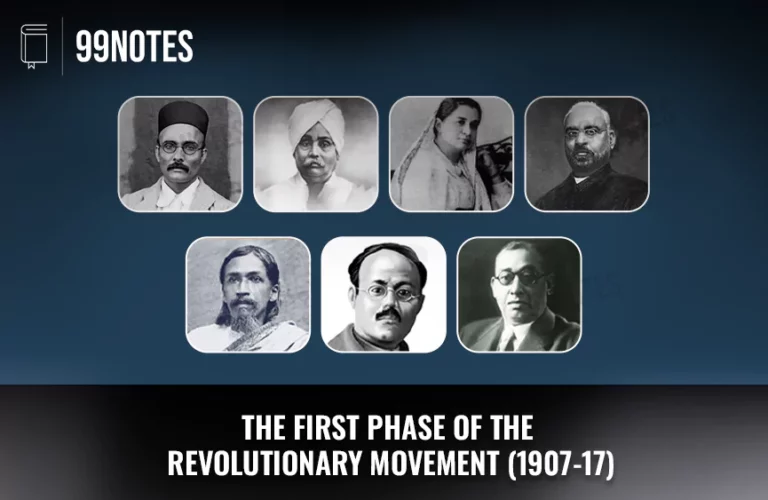
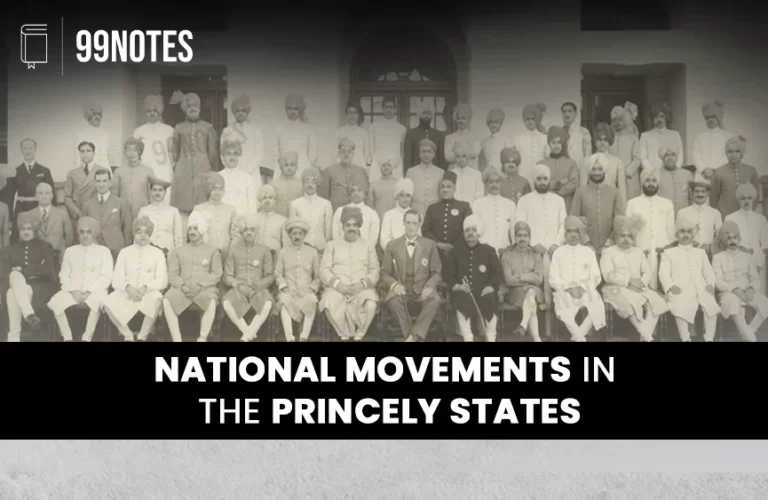
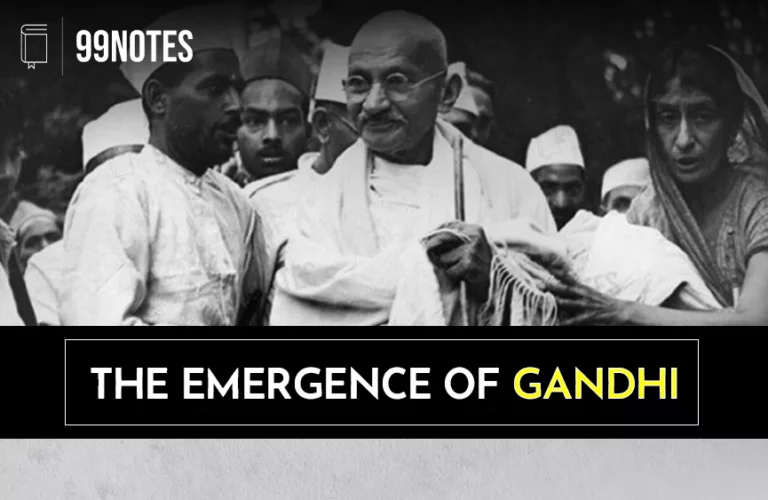
![Home Rule Movement (1916-1918): India'S Fight For Self-Governance [Upsc Notes] | Updated February 21, 2026 Home Rule Movement (1916-1918): India’S Fight For Self-Governance [Upsc Notes]](https://99notes.in/wp-content/uploads/2024/02/home-rule-featured-66698a5b2a805-768x500.webp)
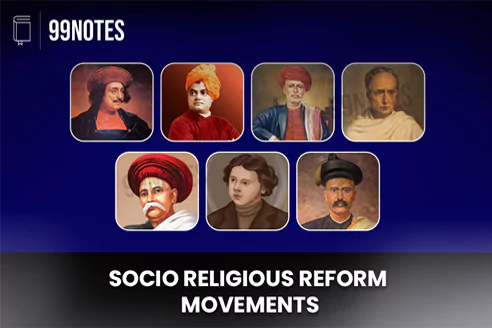
![Swadeshi Movement (1905): Overview, Causes &Amp; Impact [Upsc Notes] | Updated February 21, 2026 Swadeshi Movement (1905): Overview, Causes & Impact [Upsc Notes]](https://99notes.in/wp-content/uploads/2024/01/swadeshi-movement-featured-66698a5e632b7-768x500.webp)
